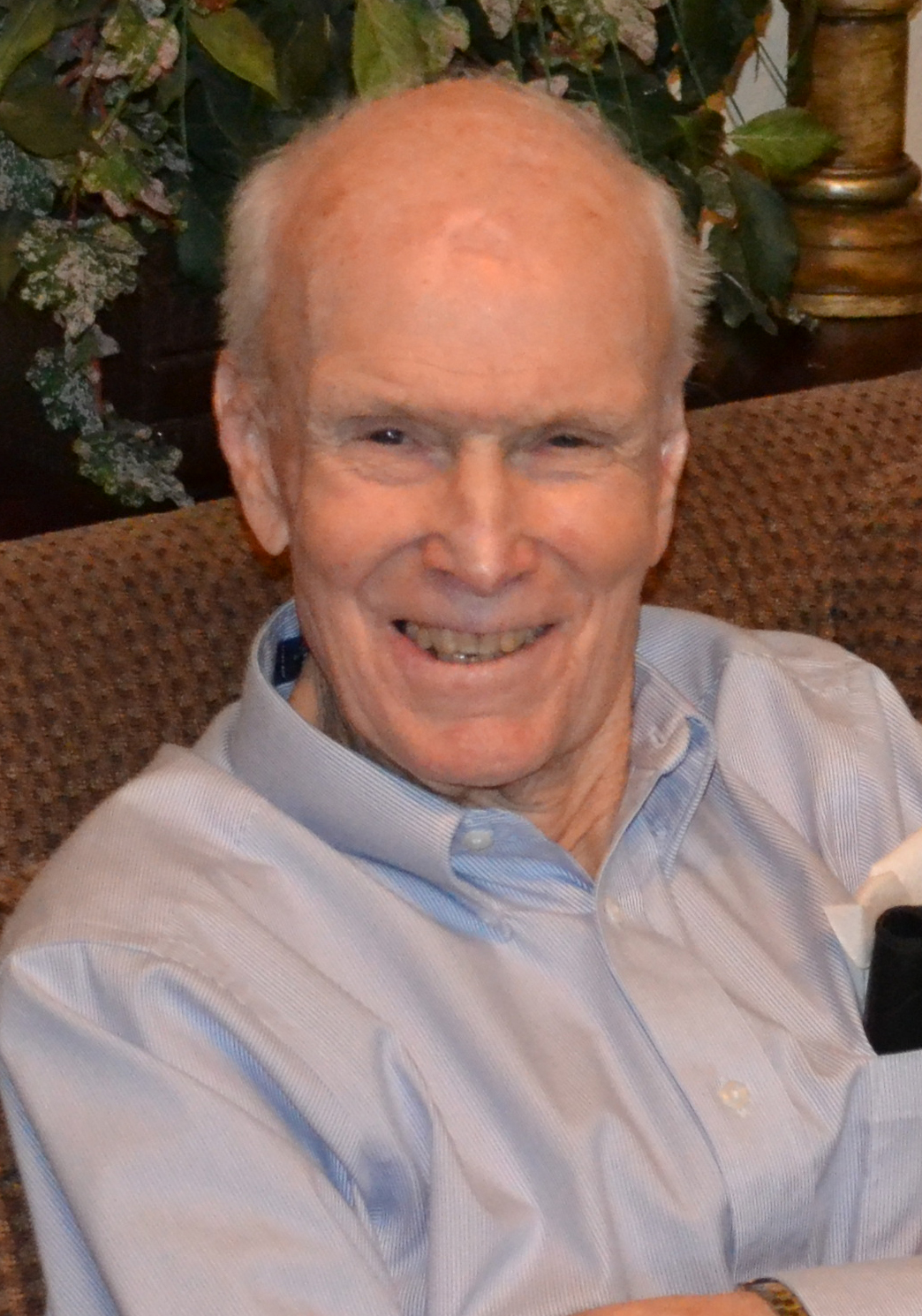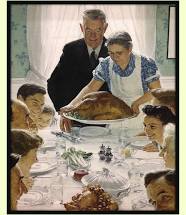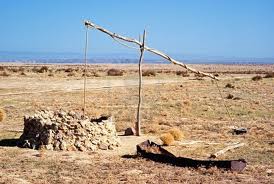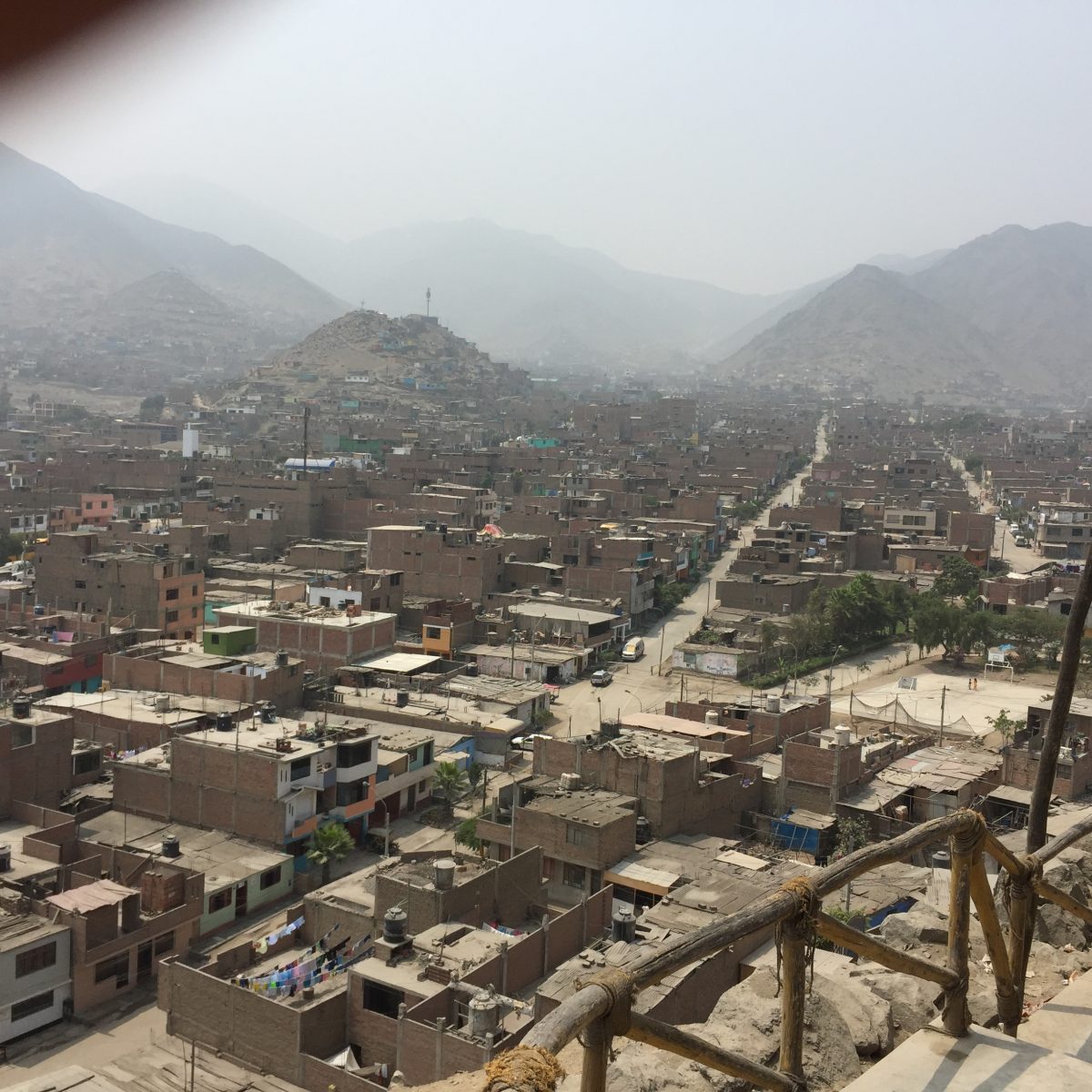Background Passages: Psalm 73:26; Galatians 5:22-23; John 1: 45-51; Psalm 23
I seldom use this space to get personal, I generally prefer to stay with the lessons God is teaching me each week. Today seems an exception.
My Dad passed away on October 5, just five days short of his 98th birthday. In the days since, we’ve been busy arranging the memorial service he planned years ago, pulling all the pieces together to reflect on a life lived so well for so long.
On one hand, it’s hard to grieve deeply when he lived independently every day of his life except for the last week before he died, even if his ability to do everything he wanted to do was somewhat restricted by the ordinary frailties caused by almost a century of living. He lived in the moments God gave him, knowing others had it much worse than he did.
On the other hand, the grief I feel runs deep, measured by the tightness in my chest caused by this new hole in a heart already riddled with the scarred holes of those loved ones lost over time.
The last time Robin and I visited with my 97-year-old Dad in Amarillo and the last two times we spoke on the phone he talked about being tired. While there may have been real physical manifestations of fatigue, I suspect he meant something much different. I think he was ready to go whenever God was ready for him.
The doctors could not give us a medical reason for Dad’s death. In language that Dad would probably enjoy, I think his tractor just ran out of butane.
David, the Psalmist, might have diagnosed Dad’s situation more eloquently.
My flesh and my heart may fail, but God is the strength of my heart and my portion forever. (Psalm 73:26)
Dad’s flesh and his heart failed. I’m confident, however, that he knew God as his portion and strength for eternity.
I believe it is God’s desire for us to live our lives as Christ lived his. To be Christlike in the things we say and do. To me and to many he touched through his life, Dad was a mirror image of Jesus. Paul described what being a reflection of Jesus looks like in his letter to the Galatians.
“But the fruit of the spirit is love, joy, peace, patience, kindness, goodness, faithfulness, gentleness and self-control.” (Galatians 5:22-23)
In all I read in scripture, those words describe my Jesus. I look at that list and know my Dad exhibited that same fruit like he was working a spiritual farmer’s market. Those traits were on display in his life for all to see and share, offered without cost or expectation.
If you needed love, he gave it. Peace, he shared it. Patience, he extended it. Kindness, he showed it. Goodness, he breathed it. Faithfulness, he lived it. Gentleness, he exuded it. Self-control, he modeled a bushel of it.
I wrote an article about my Dad on Father’s Day a few years ago. Dad never liked being the center of attention and fussed at me lightheartedly for “writing his eulogy” before he was gone. It wasn’t intended as a eulogy, but under today’s circumstances, it seems to fit.
What follows below is an excerpt from that article. I’m cutting out the things that tell you what Dad did and leaving the part that tells you who he was. For that, I’ll simply remind you of the story Nathaniel, of one of Jesus’ disciples.
Nathaniel, born and raised in Cana in lower Galilee just a few miles from Nazareth, worked as a part-time fisherman and a full-time seeker of God’s truth. As Jesus began his ministry, Nathaniel followed the new rabbi for several weeks, listening to his teaching, probably sitting in the back row or on the edge of the crowd, getting his own measure of his teaching. He found Jesus’ conversations in the synagogue rich with meaning and purpose. The stories told to the multitudes penetrating…challenging the listener to think more deeply about God’s word. Nathaniel was intrigued by this carpenter from Nazareth.
On one particular day, Phillip, one of Jesus’ new disciples, grabbed Nathaniel’s arm with a sense of urgency and excitement. “Come and see,” he said. “We have found the one whom Moses wrote about and about whom the prophets also wrote. Jesus of Nazareth, the son of Joseph.”
Knowing the scripture as he did, Nathaniel had trouble believing that the promised one would come from Nazareth. Not yet knowing that Jesus was born in Bethlehem, he states as fact, “Can anything good come out of Nazareth?”
It was not a putdown as we have been made to believe through the years. He questioned because this “fact” didn’t align with scripture. When Phillip and Nathaniel approached, Jesus stood to greet him. With a smile and comment that conveyed immense respect, Jesus said, “Here is a true Israelite in whom there is nothing false.”
Whenever I think of that story and the high praise Jesus rained upon Nathaniel, I think of my Dad…My Dad is a true child of God in whom there is nothing false. While certainly not infallible, he lives his life with the utmost integrity. What you see is what you get. And you get a whole lot of good.
As a child growing up and an adult trying to find my own way in the world, Dad’s lifestyle laid out a set of undeclared expectations I still try to meet. He loved my Mom completely and with full devotion. That was a gift to his three children that he modeled each day. They endured good-natured ribbing, with a healthy dose of sarcasm, and laughed freely. Dad was her biggest supporter and she was his. His ability to love his wife and family openly was, and is, one of my greatest blessings in life.
Farming was not the easiest life to live. Dad would have supported any career path we chose, but we all knew his preference was for us to find another line of work. As a result, he raised a lawyer, a doctor and me. Dad instilled in all of us a serious work ethic, an attitude I see reflected in my brother and sister in the work they do. He worked hard and did what was necessary to support his family.
While we may not have had a lot of material things, we were never poor…in reality nor in spirit.
Dad spent long hours in the field, but he also knew how to rest. He understood that there was a time and place for everything. He learned how to leave the worries of work on the tractor and come home focused on his family. He could also put things beyond his control in proper perspective. If the crop was hailed out, he spent little time moaning about his bad luck and more time thinking about his next steps. This attitude toward life impacted me greatly.
Dad continues to teach me a great deal about our relationship to others. I don’t think I ever heard a prejudiced word escape my father’s lips. Given the time period in which he grew up, that’s pretty amazing. He taught all of us that a person’s worth is measured by who he is and not by what he looks lie. Worth, to Dad, is not measured by political preferences, religious beliefs or immigrant status. A person should be measured by how he lives each day, how he treats others, the value he adds to the world. To treat anyone differently is just wrong.
I watched Dad as I grew up. If he found himself in a fractured relationship for any reason, he did his best to set it right, even if it meant having difficult conversations. Most of the time, those conversations led to a deeper friendship or, at least a mutual, respectful understanding of the other’s position.
These things and so many others make my Dad a great man in my eyes. However, if you know my Dad or ever met him, it would not take long to understand that his relationship with God is his greatest gift to his family and friends.
If you look back to Nathaniel’s encounter with Jesus, you find Nathaniel stunned that Jesus used such kind words to describe him. “How do you know me?” asked Nathaniel. Jesus replied, “I saw you under the fig tree.” Sounds rather cryptic to us, but Bible scholars say it was not an uncommon occurrence for students of scripture to congregate under the trees, unroll a scroll to study and discuss God’s word. I like to think that Jesus was so aware of his surrounding that Nathaniel’s desire to know God more intimately did not go unnoticed by the savior.
After a long day at work, it was not uncommon to see Dad sitting in his recliner, studying his Sunday School lesson…His discussions and debates with my Mom about scripture were often lively and always deep. Just reading the words of the Bible at face value is not enough for Dad. He wants to find its core meaning and its common sense application. The Bible for Dad is not spiritual pabulum or an outline of denominational theology, it is a blueprint for practical daily living. Its message drives the way he lives and loves.
I read back through that study and see it written in present tense. It’s difficult to shift into past tense. Because his memory lives on, he will always be.
I could regale you with stories about my Dad in hopes that you could know him as I did, but I can think of nothing better than this. Dad was Nathaniel in my eyes…a man in whom there was nothing false. He was and will always be that man. Though it is probably a pale shadow, I sure hope you can see a little of him in me.
My uncle, Les, Dad’s brother, is a retired pastor and chaplain. He has a gift for words. In his recent blog about his grief at Dad’s death, he paraphrased Psalm 23. Maybe the language isn’t as poetic as David’s, but it’s written in the practical language of West Texas. I think Dad would have liked it. May it bring you the same comfort it brings me.
The Lord is like my shepherd; I really don’t need a thing. It’s like I’m walking in these green pastures among rippling streams. Maybe I should be afraid, but I’m not; God and I seem the same, and everything’s great. I am comfortable here. They’re setting a huge table and there’s a ceremony to welcome me: Me! Warts and all. I think I’m going to be just fine here. I feel only goodness and love in my soul. I live in the Lord’s house, and besides, I have an eternal contract. (Psalm 23)
That about sums it up. As Les added, “Resurrection boasts nothing good ever dies.”
I will rejoice for a life well lived.














